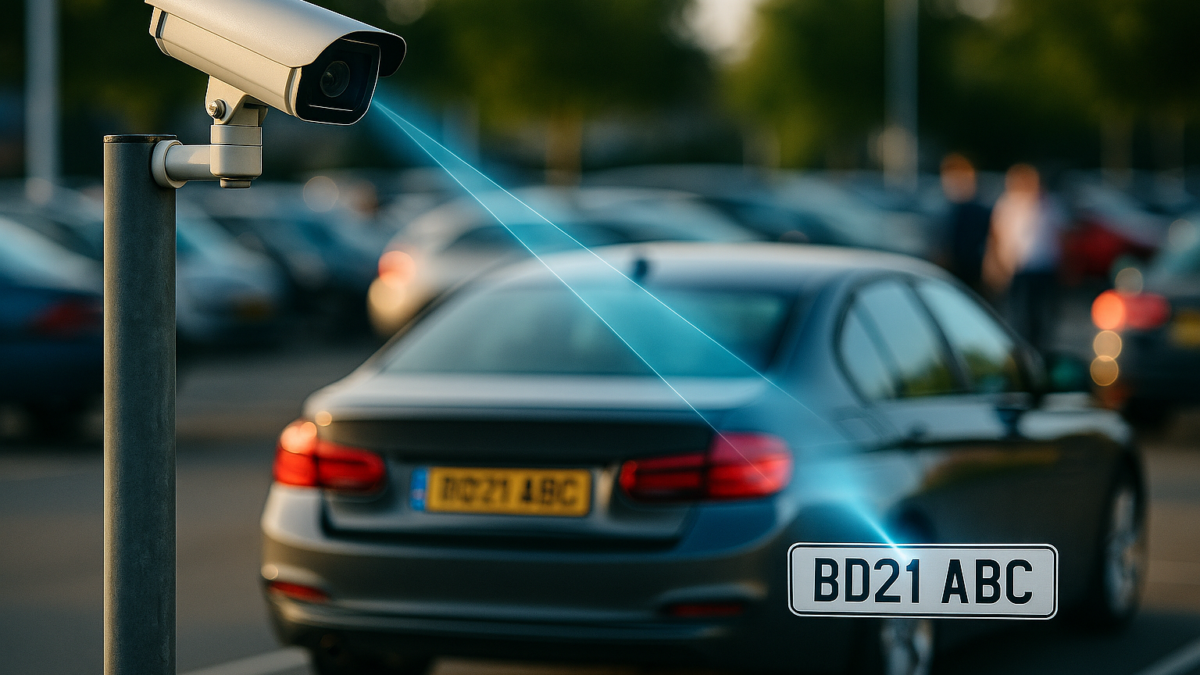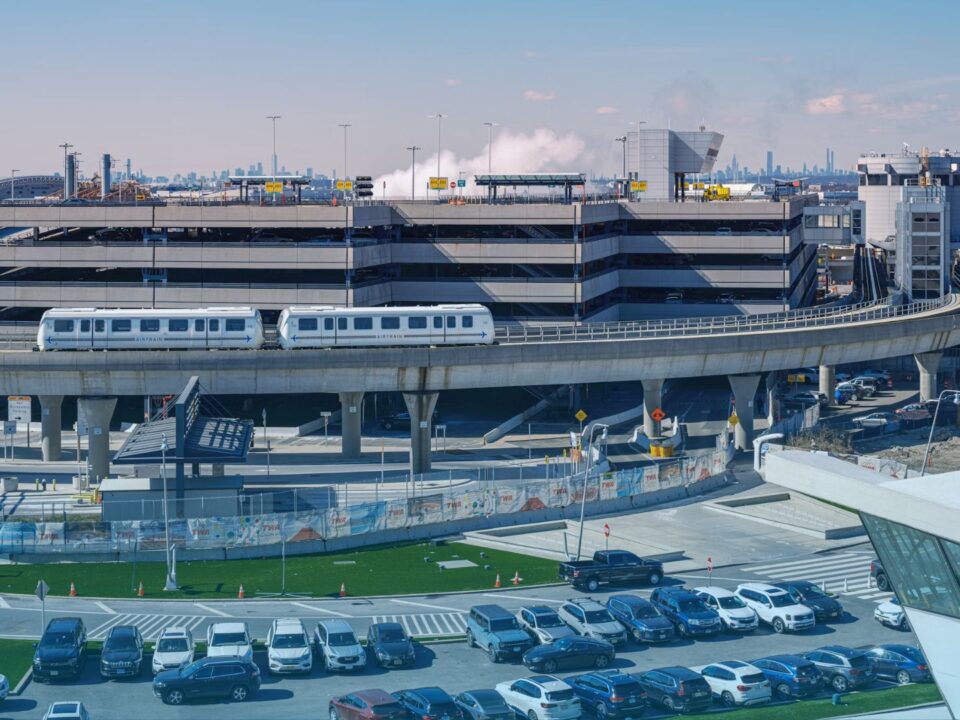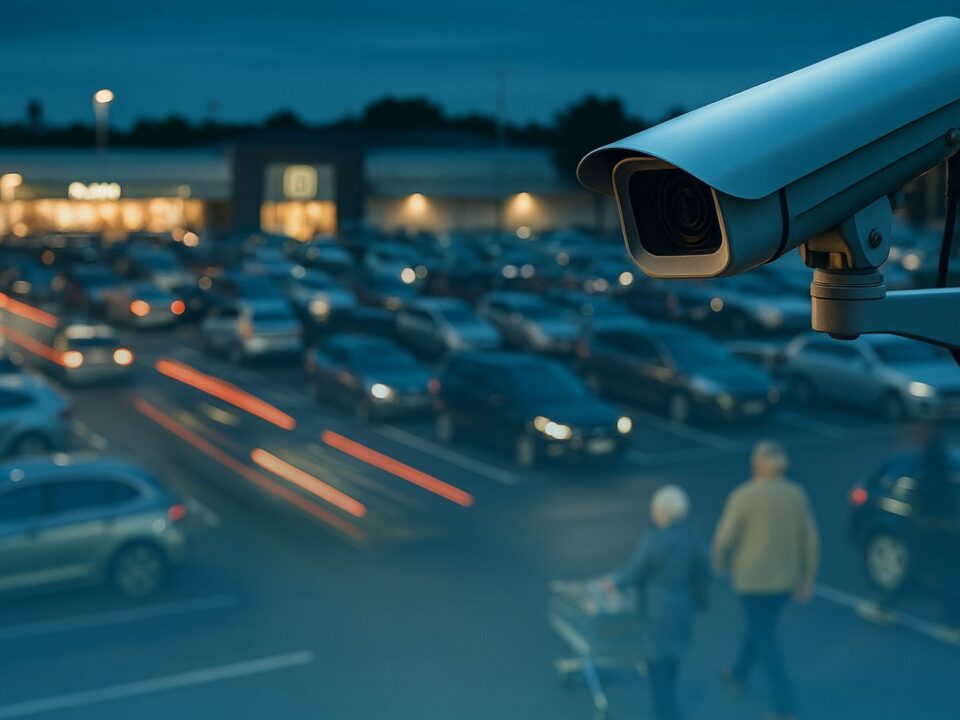Rethinking enforcement: why the right kind of car park management feels like reassurance, not punishment

What we look for in a site – and why we sometimes say No
13/06/2025
What Holds People Back from Car Park Management?
17/07/2025There’s a reason some businesses hesitate.
You might be one of them. You’ve seen other car parks with signs and penalties and systems. Maybe you’ve even received a Parking Charge Notice (PCN) yourself, and you didn’t like how it felt. So, when someone mentions “enforcement” for your own car park, your instinct is to pull back.
Because it sounds heavy-handed.
It sounds like a risk to your reputation. A threat to goodwill. A hassle you don’t need.
But here’s the thing.
That feeling - the unease, the doubt - is exactly why it’s worth thinking again about what enforcement actually is. What it could be. And why the best kind of parking enforcement doesn’t feel like punishment at all. It feels like control. Like calm. Like knowing that the space you’ve invested in is being used the way you always intended - by the people it was always meant for.
Because when enforcement is done well, it protects more than just parking spaces.
It protects relationships. It protects trust. It protects the kind of business you’re trying to run.
Why ‘enforcement’ gets a bad name - and why that matters
Let’s be honest. The word enforcement isn’t doing itself any favours.
It conjures up conflict. Someone being told off. A clamp or a fine or a furious post on social media.
It doesn’t evoke what most business owners actually want.
You want your car park to work seamlessly and properly - to support your visitors, your staff, your patients, your customers, your future customers. You want it to be simple. Fair. Easy. You want to stop the daily stress of people misusing your property. But you don’t want to alienate anyone in the process. Especially not the people you exist to serve.
That’s the real tension. And it’s why enforcement often gets left until it’s too late.
But this is where a shift in thinking helps.
Because when enforcement is carefully shaped around your priorities - and when it's delivered by a car park management partner who understands nuance - it can be one of the most reputationally positive things you do.
Not just because it reduces complaints. But because it shows your visitors that you care about how the car park feels. And who it’s for.
Car park chaos doesn’t go unnoticed - and nor does order
For most people, a car park isn’t just a neutral patch of tarmac. It’s the first impression. It’s the first point of contact. It’s a signal - about how organised, safe, and considered the place is that they’re about to walk into.
And when there’s no system in place? People notice.
They notice if there are no spaces left for customers. They notice if delivery drivers have nowhere to pull in. They notice if it’s full of cars that clearly shouldn’t be there - while your actual guests circle around, then give up.
What happens next?
They start to feel unwelcome. Frustrated. They complain. They stop coming. Or worse - they come once, and never again.
Enforcement, when it’s done with care and consistency, doesn’t drive people away. It brings the right people in. It gives them the confidence to return.
Because they know what to expect.
They know the rules are clear, the signs are visible, and that if they’re a genuine visitor, they won’t be penalised.
That clarity is a relief.
The Hidden Impact of Poor Car Park Management on Your Business Reputation
The enforcement you don’t see - and the impact it has
The best-run car parks often feel like they run themselves. But, of course, they don’t.
Behind that ease is enforcement - thoughtful, well-implemented, and quietly effective.
It might be Automatic Number Plate Recognition (ANPR), ensuring smooth turnover and protecting stay limits. It might be a QR-based exemption system for staff and planned-for visitors. It might be enforcement by patrol; not there to intimidate, but to remind, explain, and keep things fair.
In all of these setups, enforcement isn’t a blunt tool. It’s a framework.
A framework that supports your staff and your customers. That ensures your shop, salon, clinic, or café is actually accessible to the people it was meant to serve. That keeps the whole site feeling calm, rather than tense or chaotic.
And when people feel calm - they stay longer. They return more often. They leave better reviews.
Sectors where enforcement supports reputation - not damages it
We’ve seen this across countless sectors.
In hospitality, hotel managers worry that enforcement might put guests off. But with the right signage and consideration and grace periods, it does the opposite - it guarantees guests actually get a space, rather than losing out to opportunists heading into town.
In healthcare, practice managers fear upsetting patients. But clear rules and patient-only zones reduce late arrivals and fraught phone calls.
In community venues - churches, theatres, mosques – committees and elders worry about the optics. But once enforcement is in place, the people using the venue start to say things like: “It’s so much better now. I actually feel welcome again.”
The key? Enforcement isn’t just imposed. It’s explained. It’s supported. And it’s always tailored.

Enforcement with a human touch
That’s where Park & Control comes in.
We don’t just install signs and systems. We work with you to shape a solution that reflects your values - and protects your visitors.
We ask questions. We listen. We take time to understand the real-world pressures on your site, and the reputational dynamics that matter most to you.
Sometimes that means a quiet self-ticketing system, discreetly used. Sometimes it means a digital exemption portal that gives your team full control. And it’s always supported by clear signage and effective rules and boundaries.
The point is, enforcement doesn’t have to be the enemy.
It can be the thing that quietly holds everything together - without anyone even noticing.
Until they do.
And when they do, it’s usually to say: “Thank you. This feels better.”




